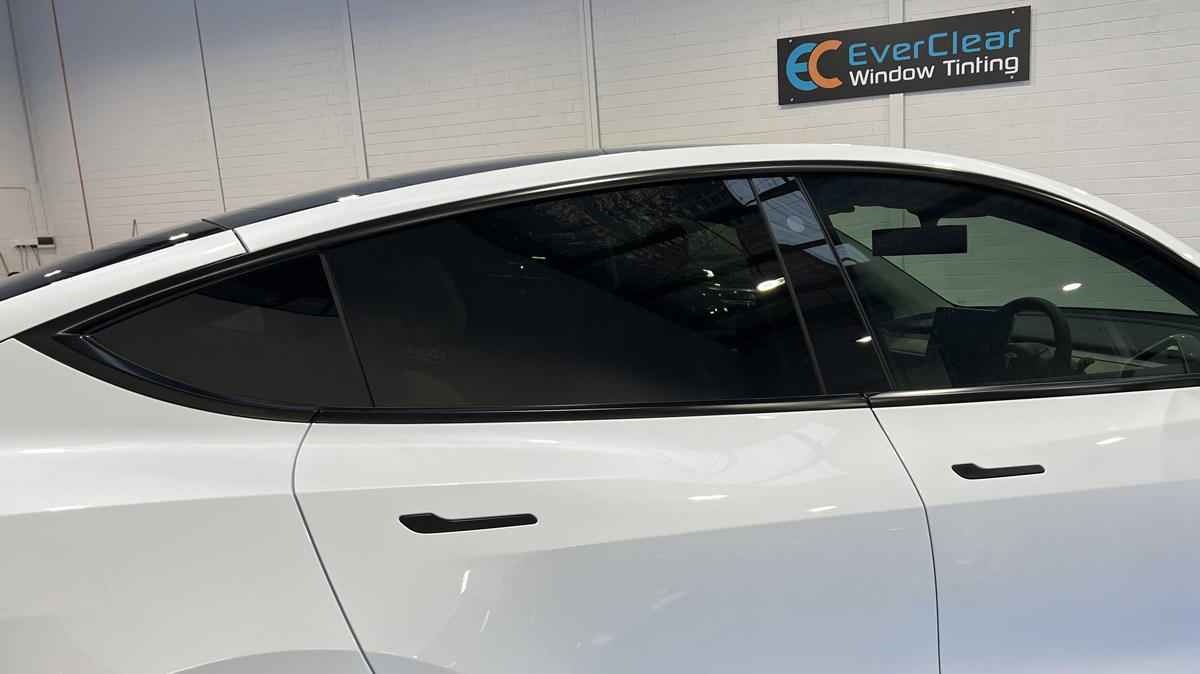Vehicle Window Tinting: Locate the Best Deals and Quality Services Nearby
Vehicle Window Tinting: Locate the Best Deals and Quality Services Nearby
Blog Article
Home Window Tinting Regulations and Standards: What You Required to Know Prior To Tinting Your Auto
Before continuing with window tinting for your lorry, it is essential to familiarize yourself with the diverse laws and guidelines that govern this method across various states. These guidelines dictate the permitted levels of tint darkness, commonly gauged by noticeable light transmission (VLT) percents, and include certain specifications for front windshields aimed at guaranteeing road security.
Introduction of Home Window Tinting Rules
Home window tinting regulations are often based on variant throughout different jurisdictions, showing neighborhood laws and safety and security considerations. These laws dictate the permissible degrees of tint darkness and reflectiveness on lorry windows, ensuring that motorists maintain ample exposure while likewise protecting versus unsafe UV rays and warmth.
Many laws identify window tinting based upon the Visible Light Transmission (VLT) percentage, which suggests the quantity of light that can pass through the window. Usually, lower VLT portions represent darker colors. Laws commonly set apart in between the front, side, and rear home windows, with more stringent limitations used to the front windscreen to boost safety for both the driver and various other road customers.
Additionally, some territories impose constraints on the reflectivity of the color, stopping too much glow that might hinder presence. Exceptions to these legislations may exist for people with certain medical problems needing extra sunlight defense. Compliance with window tinting policies is essential, as infractions can cause fines, necessary removal of the tint, and possible rises in insurance policy costs. As a result, it is vital for car proprietors to acquaint themselves with regional regulations before proceeding with window tinting installments.
State-by-State Tint Regulations
Comprehending the details window tinting policies in each state is crucial for automobile proprietors seeking to adhere to the regulation. Each state in the united state has developed its very own collection of guidelines governing home window tinting, which can differ dramatically. These guidelines often determine the permitted degrees of color darkness, the kinds of windows that can be tinted, and any type of medical exemptions that might use.
For circumstances, states like The golden state have rigorous constraints on color darkness for front home windows, while others, such as New Mexico, may allow darker tints. Additionally, certain states mandate particular exposure portions for numerous windows, consisting of the windscreen, front side home windows, and rear windows. It is essential for cars and truck proprietors to familiarize themselves with their state's laws to avoid possible fines or charges.
Furthermore, some states might call for an accreditation sticker to be positioned on tinted home windows, showing conformity with state laws. Failing to stick to these policies not just runs the risk of lawful effects yet can likewise influence security and presence while driving. Automobile proprietors must conduct thorough research study or consult neighborhood authorities to make sure full understanding and compliance with state-by-state color policies.
Allowed Color Types and levels
Several car owners might be surprised to learn that allowed tint levels and kinds differ commonly throughout different states. Each state has established its very own laws pertaining to the allowable darkness and reflectivity of home window color, frequently gauged by Visible Light Transmission (VLT) percents. VLT refers to the amount of light that can go through the tinted home windows; therefore, a lower percent indicates a darker tint.

In addition, the sorts of tint products allowed can differ, with some states banning mirror-like or metal finishes. It is essential for car owners to familiarize themselves with their state's particular laws to make certain compliance. Non-compliance can cause fines, obligatory removal of the color, or other legal repercussions, making it essential to understand these laws before continuing with installment.
Medical Exemptions for Tinting
While not all states supply allowances for clinical exceptions concerning home window tinting, those that do identify the need for particular individuals to enhance presence and convenience because of clinical conditions. Numerous clinical problems, such as lupus, skin cancer, and certain eye disorders, can render individuals especially sensitive to sunshine. Consequently, these people may require darker colors to safeguard themselves from damaging UV rays and glow.

It is essential to note that despite having a medical exemption, there might still be constraints on the level of tint allowed. Conformity with state regulations ensures that individuals are both safeguarded and within lawful limitations. Those considering medical exemptions must contact their regional Department of Motor Automobiles or equivalent authority to recognize the needs and treatments necessary to get an exemption effectively.
Penalties for Non-Compliance
Falling short to abide with home window tinting regulations can result in significant penalties, which vary by state. Police are empowered to issue citations for vehicles that do not adhere to the specified tinting regulations. These charges normally consist of penalties, which can range from modest quantities to a number of hundred dollars, depending on the seriousness of the violation and the state concerned.
In some territories, repeated offenses may result in rising penalties or extra penalties, such as required court appearances. Non-compliance may necessitate the removal of prohibited tinting, commonly at the proprietor's cost. In severe instances, habitual transgressors might face suspension of their vehicle enrollment till compliance is accomplished.
Furthermore, insurance why not look here coverage effects may emerge from receiving numerous citations for window color offenses. Insurers might check out such offenses as a sign of riskier habits, possibly resulting in enhanced premiums or trouble in insurance coverage.
To prevent these charges, it is essential for lorry proprietors to acquaint themselves with their local window tinting legislations and ensure that their car complies (Window Tinting). This aggressive strategy not just prevents legal ramifications however likewise advertises roadway safety
Final Thought

The majority of regulations classify window tinting based on the Visible Light Transmission (VLT) portion, which suggests the quantity of light that can pass with the window. Conformity with window tinting laws is vital, as violations can result in fines, obligatory removal of the tint, and possible rises in insurance premiums.Comprehending the certain home window tinting guidelines in each state is essential for car proprietors seeking to comply with the regulation. These policies typically dictate the allowable degrees of tint darkness, the kinds of home windows that can be tinted, and any clinical exceptions that might apply.
For circumstances, states like The golden state have stringent restrictions on color darkness for front home windows, while others, such as New Mexico, may allow darker tints.
Report this page